Project Astoria, not Universal Apps, could lead to a boon of Official apps on Windows phones
4 min. read
Published on
Read our disclosure page to find out how can you help MSPoweruser sustain the editorial team Read more
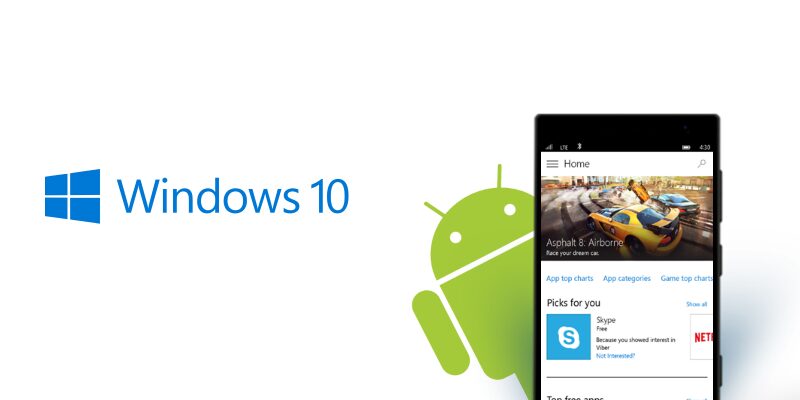
With the recent leaks of Project Astoria tools the events from the weekend have been rather exciting, with many of us trying out the official apps long denied us on Windows Phone by side-loading Android apps onto our Windows 10 Mobile devices.
Some of our readers have expressed concern that this may be the end of Windows Phone, due to our current developer base withdrawing support from our operating system, but I believe this, rather than Microsoft’s Universal App platform, is what will rejuvenate the OS.
Project Astoria clearly lowers the bar dramatically for developers to bring their Android apps to Windows phones, with some apps running perfectly fine completely unchanged. This means for example for the first time I was able to book a movie using the official app for my local cinema, rather than their clunky flash-based website.
Developing an app for Windows Phone is expensive, with a dedicated developer easily costing $50,000 or more a year to develop and maintain the app. With a relatively small user base this is a cost many organizations can simply not justify.
On the other hand asking their existing Android developer to comment out some lines and publish the app to the windows store does not cost anything at all.
Microsoft’s tools allow developers to maintain the same code base for Android and Windows phones, meaning in most cases Windows phone users will get the latest Android feature updates for free.
While these apps would not be part of Microsoft’s Universal app platform, it would make Windows Phone users part of the de facto dominant app platform, Android, which has more than 1.6 billion users. This will for example prevent users from being forced to leave their platform because their school only supports iOS and Android, something I have personally witnessed.
Microsoft’s Universal App platform will not bring these apps to Windows phones, because the draw is the 1.5 billion desktop users, and they do not need mobile apps like Uber, and for their purposes websites are even more universal than Universal Windows Apps, which do not serve Mac and iPad users for example.
Windows phone users should do better than Amazon Fire users or Blackberry 10 users from this move, simply because we have much larger numbers, which means with the bar being lowered it is much easier for companies to justify supporting us, and for us to demand support.
For illustration – say Santander Cycles had to release a native Windows Phone app. They may hire two developers for 6 months, costing them £50,000, and have to keep one on staff to maintain it, leaving them with £75,000 expense to create the app, which is unlikely to generate the revenue back within the first year or even two.
With Project Astoria their existing Android developer could “port” their Android app in an afternoon by simply replacing some lines in their app, and instead of the 2 million Windows phone users in UK being a cost burden for the company they are now a free revenue stream.
Santander Cycles of course have no incentive to create a Universal Windows App, as their website works fine for desktop users, and desktop apps are not needed when trying to unlock a bicycle.
New opportunities for Native Windows Phone developers
Where does this leave the Windows Phone developer community? Android apps will not currently run on Windows 10 desktops, and Windows Phone developers already have the skills and expertise on Microsoft’s platforms to make Universal Windows Apps which will soon have a massively larger audience than the 70 million Windows Phone users.
While for them Microsoft has taken with one hand, by opening up Windows Phone to Android apps, they have also given much more with the other, by opening up a 1.5 billion desktop users to Windows Phone developers. If they can make this (small) jump they should be fine, and as the apps will be Universal we can all benefit.
Conclusion
Project Astoria has lowered the bar for companies to support Windows phone users with official mobile apps, and now that it is so easy the demands of 70 million Windows phone users will ensure that companies will respond by delivering apps. Also a billion people with access to Universal Windows Apps will ensure our loyal Windows Phone developer community will not only not go hungry, but have access to a much larger user base to grow their own businesses.
For once we have a win-win situation – congratulations Microsoft!
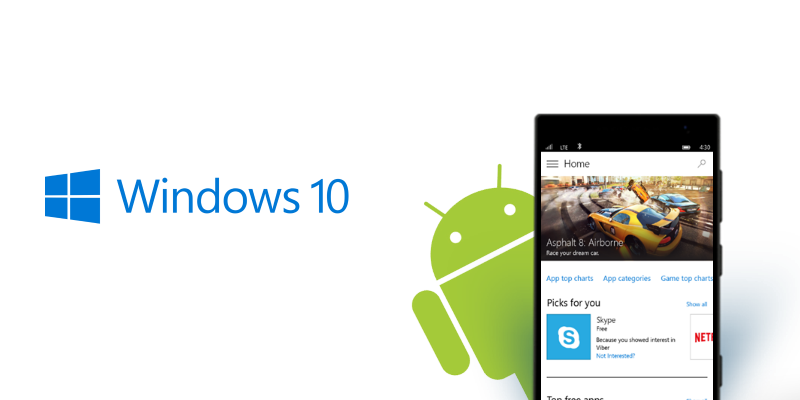
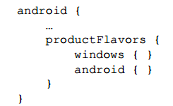
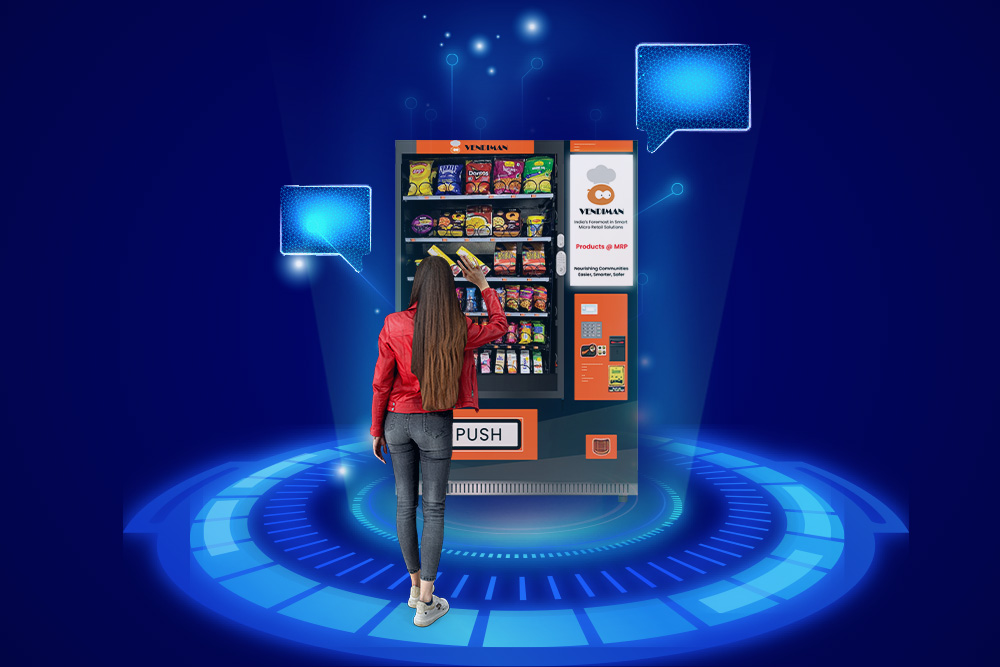
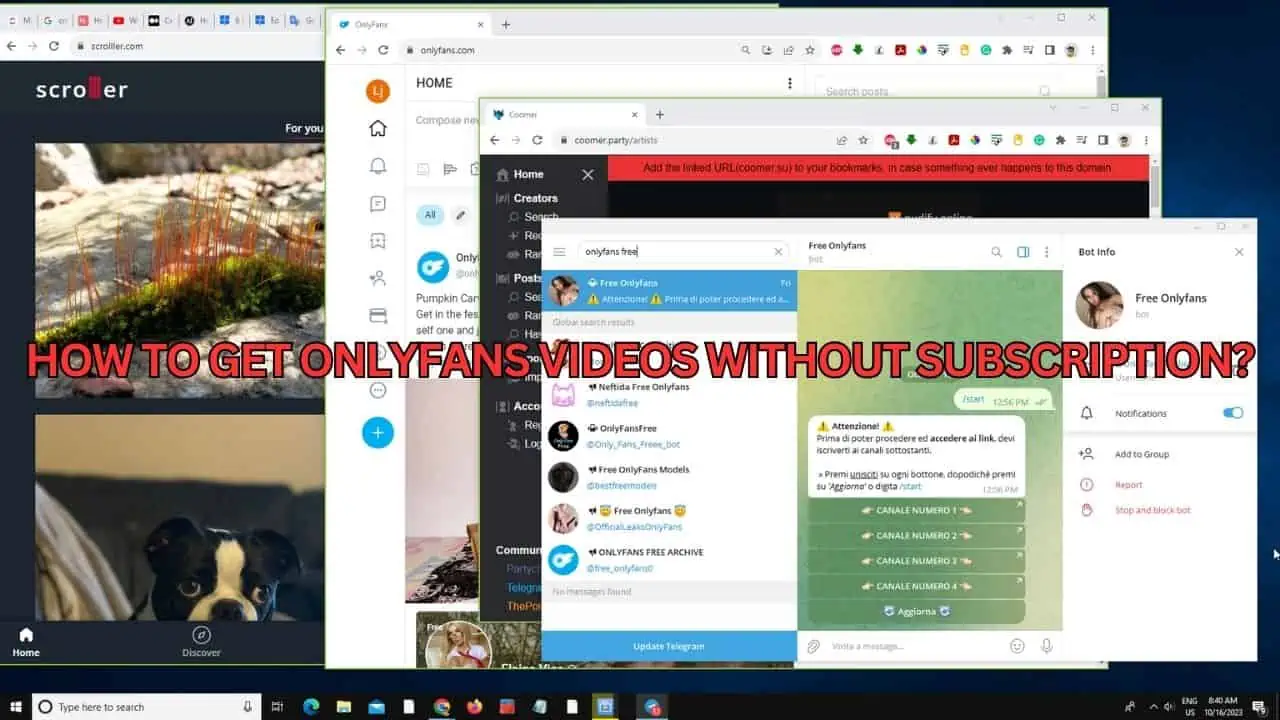






User forum
0 messages